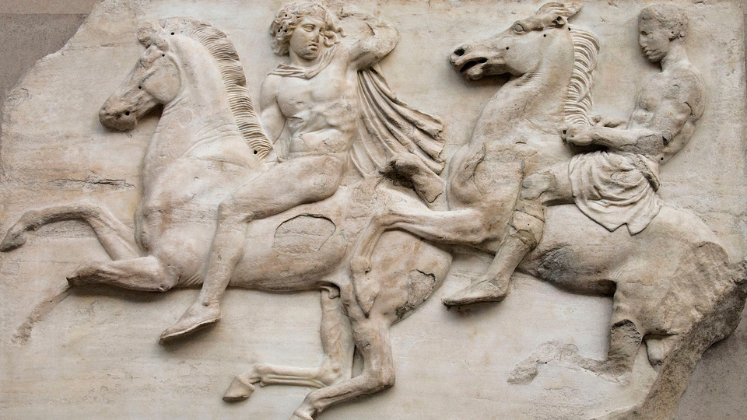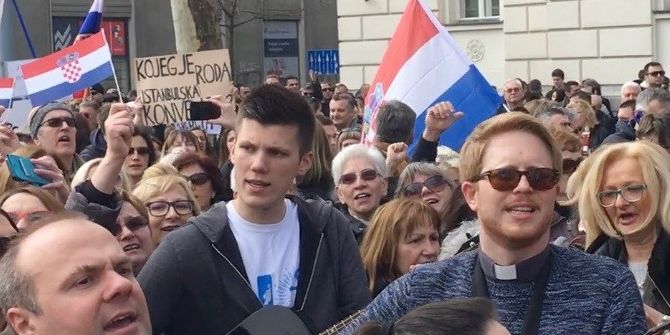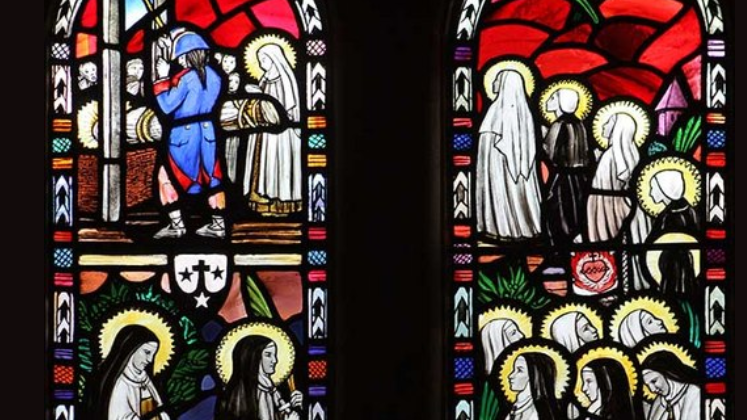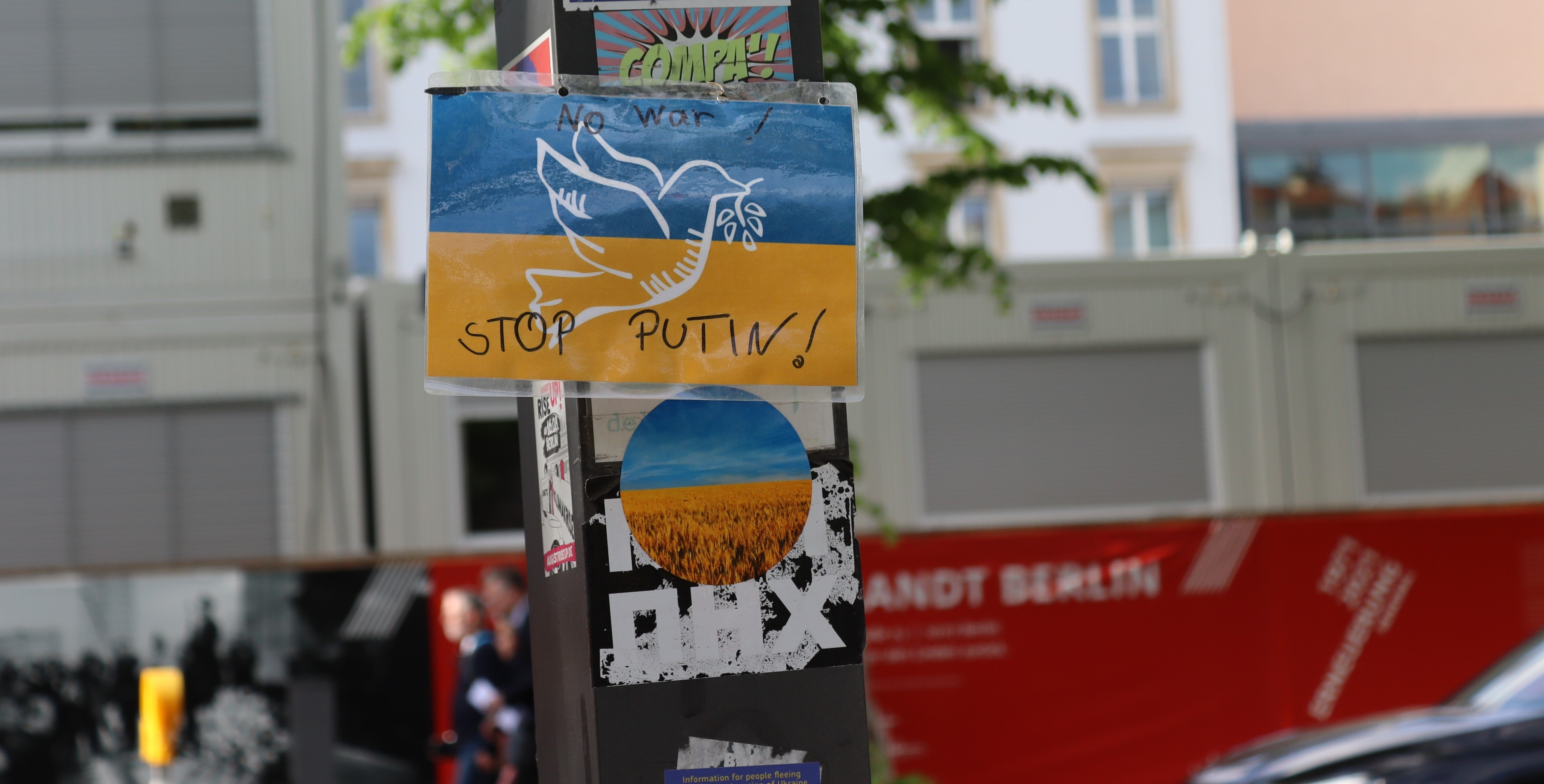As Roman Catholics around the world mourn the death of Pope Benedict XVI, Jacob Phillips recalls his focus on constructive dialogue between the Church and secular culture, seeing faith as an indispensable contributor to the crises of Western society, and asks how this dialogue will change as the locus of church life shifts from Europe to the Global South.
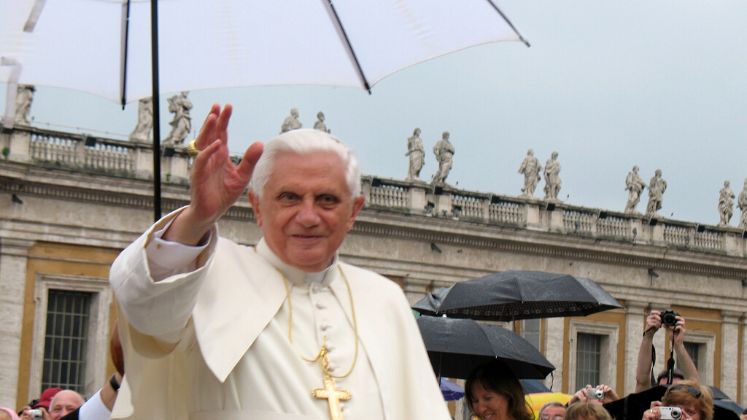
Ten days after becoming Pope in 2005, Benedict XVI gave a lecture in the convent of St Scholastica in Subiaco on 29thApril on Europe’s “crisis of culture”. The lecture shows his concern for better quality dialogue between Catholics and contemporary society, something often lost behind the popular caricature of this Pope as exclusively hostile to modernity. That said, nearly 20 years after this lecture, we can now glimpse ways in which this dialogue might need to be approached differently in light of the changing global constituency of the Catholic religion: growing in the global south and declining in the west.
The lecture focused on the future of European liberal democracy in a time when the secularisation thesis was becoming increasingly untenable. While religious practice was declining, religiosity was more explicitly involved in global affairs than it had been for decades. Moreover, to Benedict’s mind, cracks inherent to secular liberal democracy were beginning to show, so the time was ripe for constructive dialogue between faith and reason in the public square.
More specifically, he mentions global terrorism. The point isn’t just that the War on Terror thrust religion back into view, but that it threatened to undermine liberal democracy’s own principles. States “under the rule of law” now “have recourse to internal systems of security similar to those that once existed only in dictatorships”. He also mentions the internal divisions of liberal democracies – which have only multiplied in the years since then – arising from the fast-changing world of biotechnology, with new “possibilities of self-manipulation” meaning that the human being might be reimagined as a mere “product” that can be designed “according to requirements that we ourselves stipulate”.
The background to the lecture was that a potted history of Europe had been included in the preamble for a new EU constitution, which did not mention Christianity. Such a move implied faith is simply “irrelevant to public life”. The Pope wasn’t arguing for Christianity not to be forgotten, but making a substantive point. He claims Christianity contributed directly to the development of certain good, secular values in European history, that a healthy secularity is closely linked to a healthy religiosity. Problems occur when the two are radically separated, when faith and reason are torn asunder. Jihadism gives an example of this from the faith direction. The ethical aporias of secular modernity from the other.
The lecture highlights three purportedly secular principles of the Enlightenment which he considers to have had Christian origins. Firstly, “that religion cannot be imposed by the state”, secondly “respect for the fundamental rights” of humanity, and thirdly, “the separation of powers” in liberal states.
As regards the view that religion cannot be imposed by the state, he points out that Christianity was originally “a religion of the persecuted”, and was seen as universal, and so “wider than any one state or people”. As regards the fundamental human rights, he suggests this grew from the Christian conviction that are all people “without distinction” are “creatures of God”. This links to the separation of powers, and his praising of the 1945 United Nations Declaration on Human Rights as something that “fully expresses” the core conviction “that the state recognizes” human rights “but does not in fact confer them”.
It is important that Benedict XVI wasn’t claiming these principles as exclusively Christian – he was drawing attention to their roots in order to show that secularity was originally in constructive dialogue with religion. This is genuine dialogue; it works both ways. He also claims that the discovery of these principles were a welcome corrective for Christianity, giving “reason” its “own voice” for the public square. To remove religion from the EU constitution meant the self-understanding of European nations was left “incomplete” and suffered a “radical” self-estrangement or “detachment”.
From this diagnosis of the problem, he moves on to a proposed solution. The Pope did not suggest the clock should be turned back. As put by Marcello Pera, “it is impossible to resolve these issues” with a return to a premodern “harmony between reason and faith”. But, he argued that secular societies could recall that their fundamental moral convictions are rooted in what people once took to be the preserve of faith.
The fruits of this recollection could take shape, he suggested, by revisiting an old maxim from the Enlightenment itself. Late 18th century moral philosophers had sought to establish ethical norms for human life now that people live “as if God does not exist” (etsi Deus non daretur). In 2005, however, the encroachments of the security state and the intransigent divisions around bioethics, particularly, showed that these secular ethical norms had run their course. There was need for a renewed conversation with faith to save secular democracy from destroying itself.
For this reason, he argued that it was time to “reverse the axiom of the Enlightenment” – asking people to live “as if God does exist” (etsi veluti si Deus daretur). Pera fleshes this out in a bit more detail, saying that while for a person “inside the Church” ethical norms are rooted in the Christian God, for someone “outside the Church” they are rooted in “conscience”. Benedict XVI thus suggested that there is always a measure of faith at work, even in those who do not believe in God, as assent to fundamental moral convictions. Similarly, developments in science and society mean there needs to a good measure of reason employed by people of faith, in responding to the changing needs of the world.
This lecture gives a helpful example of the more dialogical or accommodating side to his thought, which has been lacking in much media coverage in recent days. That said, it is not invulnerable to critique. One such line of questioning surrounds the European focus. This was a perfectly reasonable response to set of decidedly European problems in 2005. But we might ask how well it can function in a Church which will in future belong much more to the global south.
The development of secular liberal democracy has undergone very different trajectories outside of Europe and the USA. Some point out that “secularity” as a concept has very little purchase at all in other contexts. One of those most interesting representatives of this position is one of Benedict XVI’s own protégés, Cardinal Robert Sarah, from the majority Muslim country of Guinea in West Africa. Sarah claims that, for many Africans at least, God has never been reduced to “a mere rational hypothesis”. In Africa, “nothing is profane” and “everything is sacred”, for in many African cultures people simply don’t “understand a world without God”. This doesn’t mean Benedict XVI’s attempted rapprochement with liberal democracy is without value. But it does show that, twenty years later, there is every reason to believe the 21st century will continue to be far less secular than was predicted in the preceding century.
Note: This piece gives the views of the author, and not the position of the LSE Religion and Global Society blog, nor of the London School of Economics.


